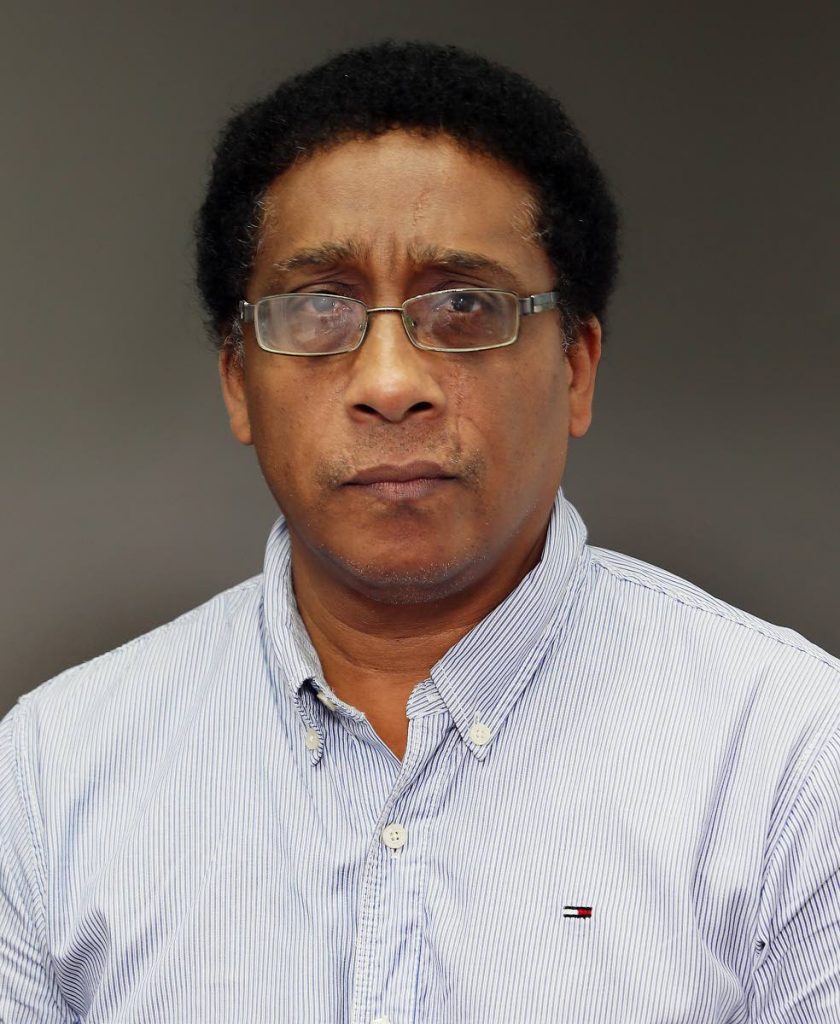The Little Black Book

We laughed. We cried. We partied. We prayed. We lived.
Not all of those who took the bold and brave step to start a new newspaper in September of 1993 made it all the way to 25.
But the most inspiring of all who made the dream come true, of course, was the late Therese Mills. She is certainly looking at us from above, cheering on from a mighty editor's chair.
We had many conversations, and this was perhaps one of the most fascinating.
One day, about 20 years ago, I pulled out from my pocket my crumpled little black telephone contact book of names and numbers.
"Mrs Mills," I said, "this is my most valuable possession."
"Why?" she asked. "I thought your beautiful wife and two children were your most precious people."
Not in that way, I answered. "Look at this: 75 per cent of these people here live only in my memory. They gave me information for wonderful stories, called me all hours of the day and night like I didn't have a private life, no wife, no children, nothing to do on a weekend but to hear them talk and me pick their mind.
“In the next 24 hours their words, my cross-checking, morphed into life on Newsday pages. It was the next big story for all of TT to wake up to. We electrified the town.”
It was a precious book when Newsday hit the road in September 1993, but today it’s a tattered reminder of the early days. Good days, though.
"From A – Z," I peeled the pages apart, "Mrs Mills, all these people dead" – becoming emotional. "This one (a source) here tipped me off: a BWIA aircraft that had been decommissioned was cut up in chunks and transported by road at night to Chaguaramas to go on display at the Chaguaramas Military Museum.
"This other one here," I told her, confirmed the plane had been chopped up, but more than that, it was sold to the Chaguaramas Military Museum for the token sum of $1.
Mrs Mills's eyes danced behind her thick spectacles. She would go on to record an award-winning BBC report on how an aircraft valued at millions, and which carried thousands of passengers across the Atlantic, ended up being sold for a measly dollar.
She listened attentively as I told the stories that jumped out from the pages of my precious little black book, from people long departed whose names ran the gamut of the 26 letters of the alphabet.
In that book were numbers of presidents, the humble, the upcoming stars.
Under R, a conversation that didn't lead to a front-page story went like this: "Good morning, Mr R... are you aware of..."
'That is why you disturbing my breakfast?” A very irritated Mr R slammed down the phone with full force. He was that kind of man.
I wonder how Mrs Mills would have viewed this new age of journalism, when the hustle is on 24/7 to get the news online? Would she be excited, would she have the energy, would she be interested in my new cell phone that does everything – camera, phone contact list, tape recorder, TV screen – and my Twitter account?
Probably not, because she had banished a computer from her office.
Sometimes she’d say: "It's all God's work,” much as the late Archbishop Anthony Pantin often said.
He too was in my little black phone book.
"You'll be rewarded in heaven," Mrs Mills said, when I complained about job fatigue.
I can't wait to get there! Twenty-five years... and counting.

Comments
"The Little Black Book"